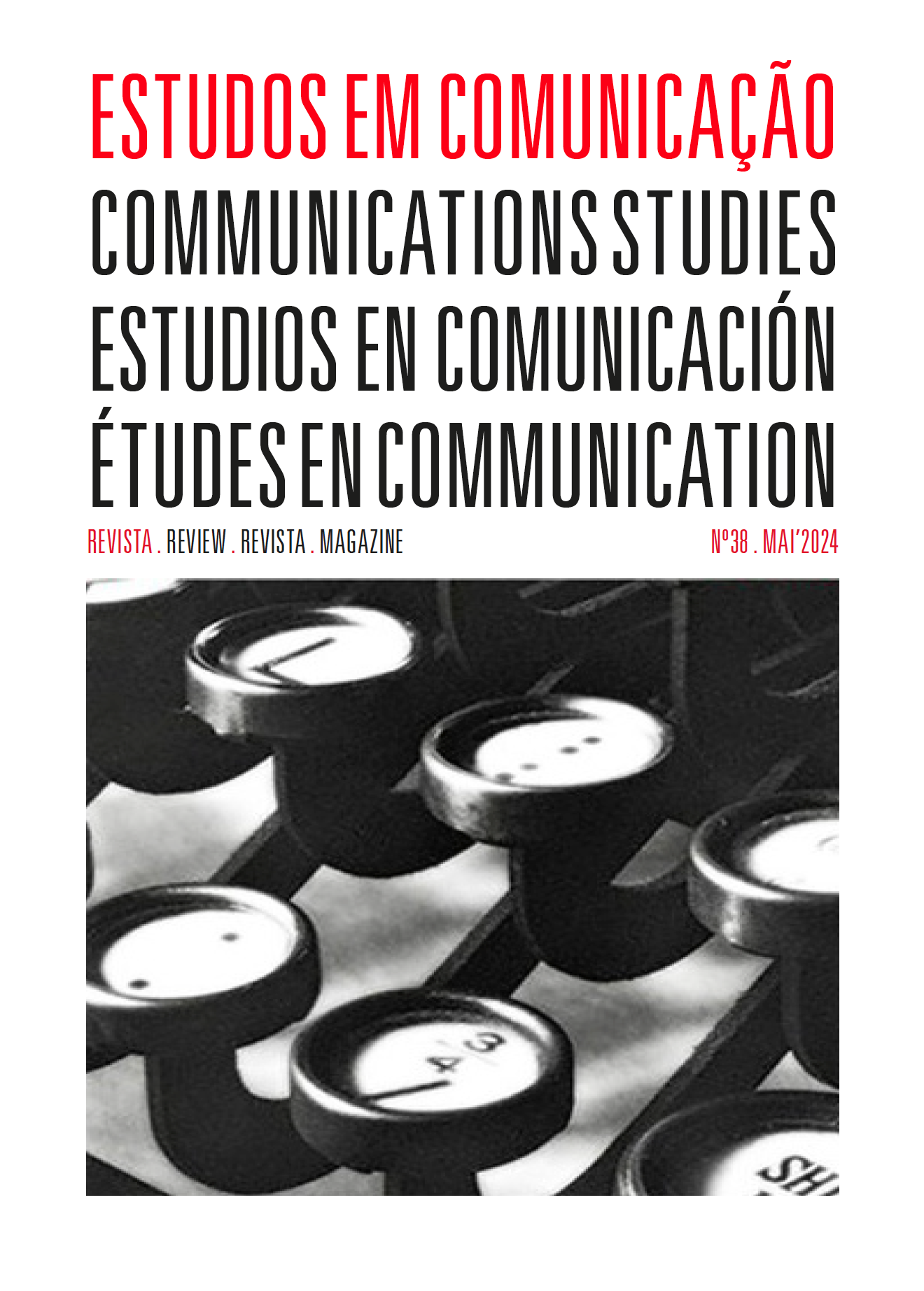Sexual violence as spectacle: Framing, revictimization, anger and empathy
Abstract
Based on the thematic analysis of the framing on the fanpages of the Ecuadorian newspapers El Comercio, El Universo (with a generalist or reference approach) and Extra (sensationalist) about a gang rape that occurred in January 2019, the emotional involvement of critical participants —who commented and debated on Facebook— about the so-called “Martha case” is investigated. Through sentiment analysis, we seek to understand how followers positioned themselves emotionally in the face of sexual violence. To this end, 6,801 comments registered in the first six news items published by the three newspapers were analyzed. The findings show that the differences between the reference press and the sensationalist press are blurred by spectacularizing the information (superficial and morbid treatment). With the use of human-interest framing, the dramatization triggered negative emotions, such as sadness and fear in men, anger and aggressiveness in women, which, given the context, are subverted into positive ones, because they show empathy towards the victim and rejection of the rape culture. Furthermore, desperation, fatalism, helplessness and resignation are perceived. This calls for reflection, because the informative treatment can be a predictor of the emotional reactions that the media want to provoke in their readers.
Downloads
Published
Issue
Section
License

This work is licensed under a Creative Commons Attribution-NonCommercial-NoDerivatives 3.0 Unported License.
Estudos em Comunicação/Communication Studies is an Open Access journal. All its content is freely available without charge to the user or his institution. Users are allowed to read, download, copy, distribute, print, search, or link to the full texts of the articles in this journal without asking prior permission from the publisher or the author. Estudos em Comunicação, by Labcom, is licensed under a Creative Commons Atribuição-NãoComercial-SemDerivações 3.0 Unported License. By submitting your work to Estudos em Comunicação/Communication studies you confirm you are the author and own the copyright, that the content is original and previously unpublished, and that you agree to the licensing terms.


